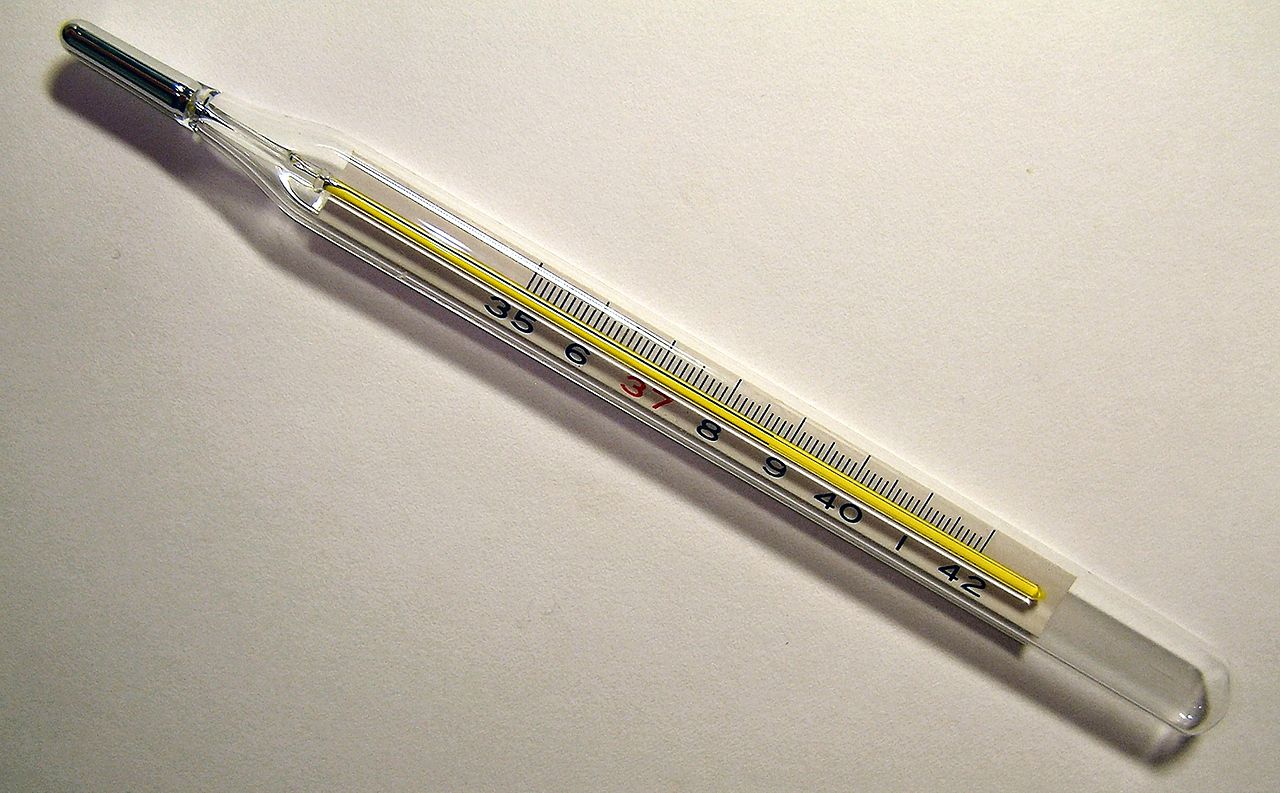Closing out 2012 with a bit of fun: Do you want some quantum with that pseudoscience?
today is the last day of 2012. As I contemplated what I’d write for my last post of 2012, I wondered what to do. Should I do a “year in review” sort of post? Naahh. Too trite and too much work. Should I just do what I normally do? There are, after all, many topics that are out there, some of them...
780.6. What is a fever?
You can tell what a doctor does for a living by the ICD-9 codes they have memorized. There is an ICD-9 code for nearly every medical condition. Weightlessness is 994.9. Must be there for NASA, I have yet to see a weightless patient. Decapitation by guillotine is E978. There, I suppose, in case Marat returns from the dead. There is an ICD-9...
Naturopathy Embraces the Four Humors
The ancient Greeks posited a system of health and disease based on the four humors: blood, phlegm, black bile and yellow bile. According to this system, health is defined as a harmony of these four humors and disease is caused by an imbalance among them. Restore the balance, and health is restored. Bleeding is a familiar example of humoral medical treatment based...
Why Do People turn to Alternative Medicine
Any sociological question is likely going to have a complex answer with many variables that are not easy to tease apart. We should therefore resist the temptation to make simplistic statements about X being the cause of Y. We can still, however, identify correlations that will at least inform our thinking. Sometimes correlations can be triangulated to fairly reliable conclusions. When the...
An Alternative “Truth” About Flu Shots
Vaccines, and flu shots in particular, have been covered ad nauseum on this blog; but the anti-vaccine propaganda never stops, so forgive me for bringing it up again. A correspondent inquired about a podcast by Steve Wright on Revolution Health Radio entitled “The Truth About Flu Shots (and What to do Instead).” You can either listen or read the transcript. It’s just too...
Anti-psychiatry and anti-vaccine activists shamelessly taking advantage of the Sandy Hook Elementary School shootings
Quacks detest science-based medicine (SBM) in general, but there are certain specialties that they detest more than others. For instance, you won’t find too many quacks attacking trauma surgery because even they know that when a person’s body has been on the losing end of a confrontation with a bullet or a car, no amount of laying on of hands, homeopathic nostrums,...
Another blow to the anti-vaccine movement as legislation change forces a name change
Earlier this year, Australia’s anti-vaccine lobby, the Australian Vaccination Network (AVN), took the NSW Government to the Supreme Court. In dispute was their license to fundraise which had been revoked and a public warning, issued because they refused to put a Quack Miranda on their website. The public warning was posted after the NSW government investigated their website following two complaints, one...

Fever Phobia
Should you be afraid of your child having a fever? It depends, but probably not.
Bodytalk: Medical theater
If there were an icon of Science-Based Medicine, I think it should be Sisyphus: pushing a boulder uphill, only to watch it roll down again. Forever. Blogging about pseudoscience in medicine can feel that way at times. There is no end to the variations of nonsense, most health professionals are indifferent at best, and sometimes I wonder if blogging is just preaching...





